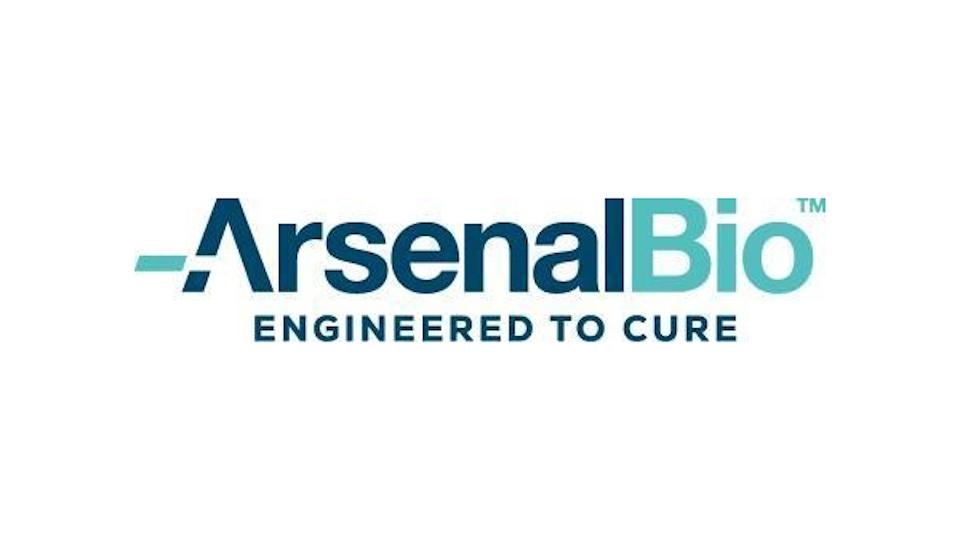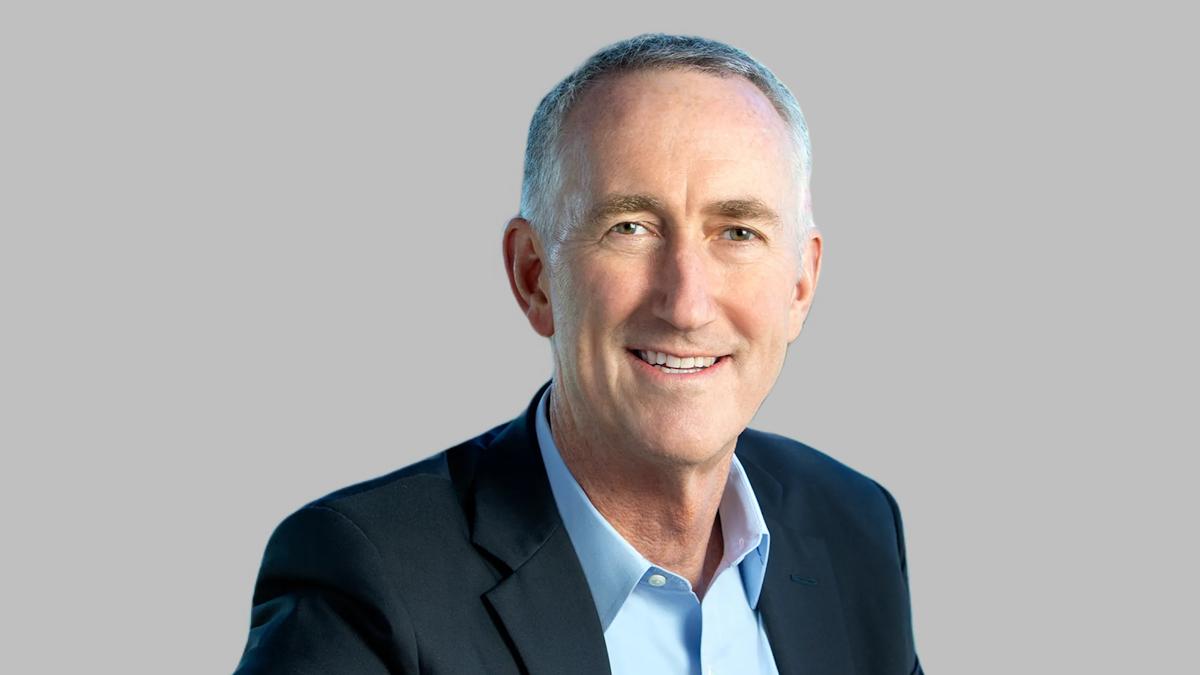ArsenalBio raises $325m for programmable CAR-T platform

Arsenal Biosciences has cleared an impressive $325 million from a third-round financing that will be used to fund clinical trials of its pipeline of CAR-T therapies, trying to break new ground in solid tumours.
The South San Francisco biotech has two candidates in clinical trials, AB-1015 in phase I for ovarian cancer - with initial data due later this year – but is currently focusing most of its attention on AB-2100, which recently started a phase 1/2 study in kidney cancer, and bringing forward a preclinical-stage programme in prostate cancer.
To date, T cell therapies such as CAR-Ts have made big strides forward in the treatment of blood cancers, but have struggled in solid tumours because of targeting and infiltration difficulties, and challenges in surviving the hostile microenvironment around the tumour mass.
ArsenalBio's therapies rely on what it calls a 'logic gate', meaning that the CAR-Ts target a pair of tumour antigens, and both have to be present for the therapy to have an effect, reducing the chances of off-target toxicity. Meanwhile, the cells are also engineered to resist the suppressive effect of the tumour microenvironment.
AB-2100 targets two proteins on kidney cancer cells – PSMA and CA9 – and is being tested in patients with clear-cell renal cell carcinoma (ccRCC) that either came back or did not improve after treatment with a checkpoint inhibitor and a VEGF inhibitor. It has a fast-track designation from the FDA.
The goal of the study – which will enrol 60 patients in phase 1 and 130 in phase 2 – is to determine the maximum tolerated dose of AB-2100 given intravenously via a single infusion after completion of conditioning chemotherapy to allow the T-cells to engraft.
AB-1015, meanwhile, targets mesothelin (MSLN) and ALPG/P and is being tested in around 60 patients with ovarian cancer that is resistant to platinum-based regimens.
Along with its in-house programmes, ArsenalBio has attracted some big-name pharma partners, including Bristol-Myers Squibb – a long-term investor – and Roche/Genentech, which both paid $70 million in upfront fees to kick off solid tumour projects in 2022.
The latest round – which is one of the largest for a biotech this year – included a range of new backers, such as ARCH, Milky Way, and the venture arms of Regeneron and NVIDIA, along with returning investors like BMS. It follows a $220 million Series B that was completed in 2022 and an $85 million first round when it made its debut in 2019.
"Our initial clinical trials and preclinical studies have shown the promise of our T-cell engineering approach and have given us the confidence to broaden the application of our technology to address additional cancer types," said Ken Drazan, ArsenalBio's co-founder and chief executive.
"This new investment enables us to continue our development roadmap, scale up our manufacturing capabilities, and invest in new avenues for innovation in T-cell medicine."












